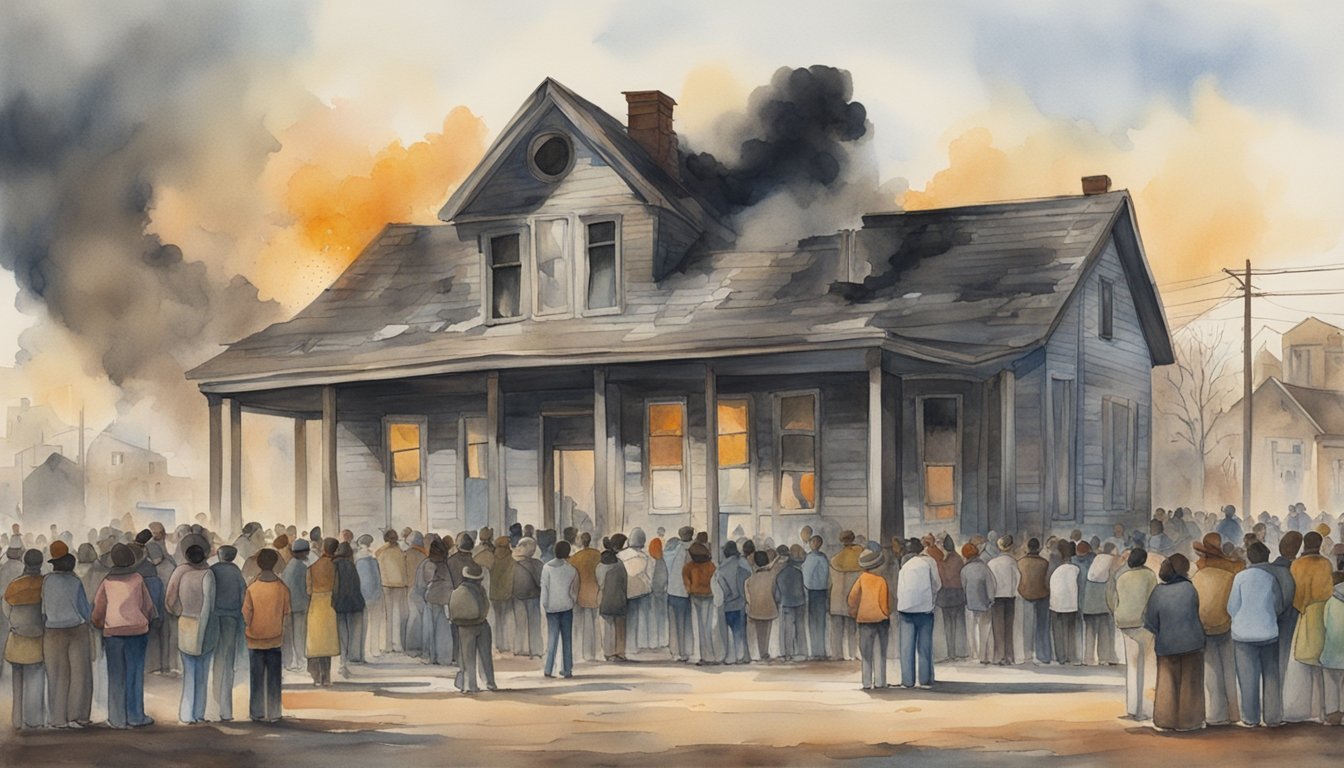Foundational Failures of Reconstruction
Presidential vs Congressional Plans
During the Reconstruction era, there were fundamental differences between the Presidential and Congressional plans for rebuilding the United States after the Civil War. President Abraham Lincoln had envisioned a more lenient policy towards the Southern states, with minimal requirements for their readmission to the Union. However, his assassination brought Andrew Johnson to the presidency, and his approach was much less forgiving than Lincoln’s. On the other hand, the Radical Republicans in Congress sought a more aggressive approach, pushing for the total restructuring of Southern society and the protection of African American rights.
Legal and Constitutional Setbacks
The reconstruction period saw the passage of the 13th, 14th, and 15th Amendments to the U.S. Constitution, which aimed to address the legal issues arising from the end of slavery. These Reconstruction Amendments were challenged in courts, leading to several setbacks. For instance, the 14th Amendment granted citizenship to all persons born or naturalized in the United States, but the Supreme Court’s decision in the Slaughter-House Cases (1873) narrowly interpreted it and undermined its power to protect civil rights. Similarly, the 15th Amendment granted African Americans the right to vote but was hampered by discriminatory practices such as literacy tests and poll taxes in Southern states.
Socioeconomic Stagnation and Inequality
The failure of Reconstruction also had significant consequences on the socioeconomic progress of the United States. The South remained economically stagnant in the aftermath of the Civil War, with the majority of African Americans still living in extreme poverty. Despite the passage of the Reconstruction Amendments, inequalities persisted, and many African Americans struggled to escape the constraints of a sharecropping system that perpetuated a cycle of debt and dependency. Additionally, the Federal government’s inability to maintain control and protect the rights of African Americans contributed to the rise of white supremacist organizations such as the Ku Klux Klan, who violently opposed the advancements made during Reconstruction.
Racial Tensions and Opposition

Rise of White Supremacist Groups
During the Reconstruction era, white supremacist groups like the Ku Klux Klan emerged as a response to African Americans’ newfound political and civil rights. These groups aimed to maintain white supremacy and, through intimidation and violence, suppress African Americans’ advancements. Their activities further polarized the southern states, making it difficult for the Republican Party to enact policies promoting equal rights.
Black Codes and Jim Crow Laws
As a result of the growing opposition to racial equality, Black Codes and Jim Crow Laws were implemented, severely limiting the rights and freedoms of African Americans. Black Codes regulated various aspects of black life, such as employment, land ownership, and the right to vote. Jim Crow Laws were a set of segregation policies that further subjugated black people in the South, leading to systemic discrimination and lesser opportunities.
-
Employment: African Americans were often restricted to labor-intensive jobs and received lower wages compared to their white counterparts.
-
Land Ownership: Strict rules made it difficult for black people to own or lease land, hindering their efforts to gain economic independence.
-
Right to Vote: Poll taxes, literacy tests, and intimidation tactics were used to discourage African Americans from exercising their right to vote, established by the 15th Amendment.
Failures in Establishing Lasting Rights
Although Radical Reconstruction and the establishment of the Freedmen’s Bureau aimed to provide equal protection and rights for African Americans, their effects were short-lived. The disputed election of Rutherford B. Hayes led to the Compromise of 1877, in which Republican support for civil rights was abandoned in exchange for Hayes’s presidency.
Under President Ulysses S. Grant, efforts to combat the Ku Klux Klan and protect African American’s rights were made. However, the North’s declining willingness to intervene in the South and the rise of the Democratic Party allowed for the continuation of racial segregation and discrimination. Consequently, the full realization of interracial democracy and lasting political rights for African Americans was not achieved during the Reconstruction era.

